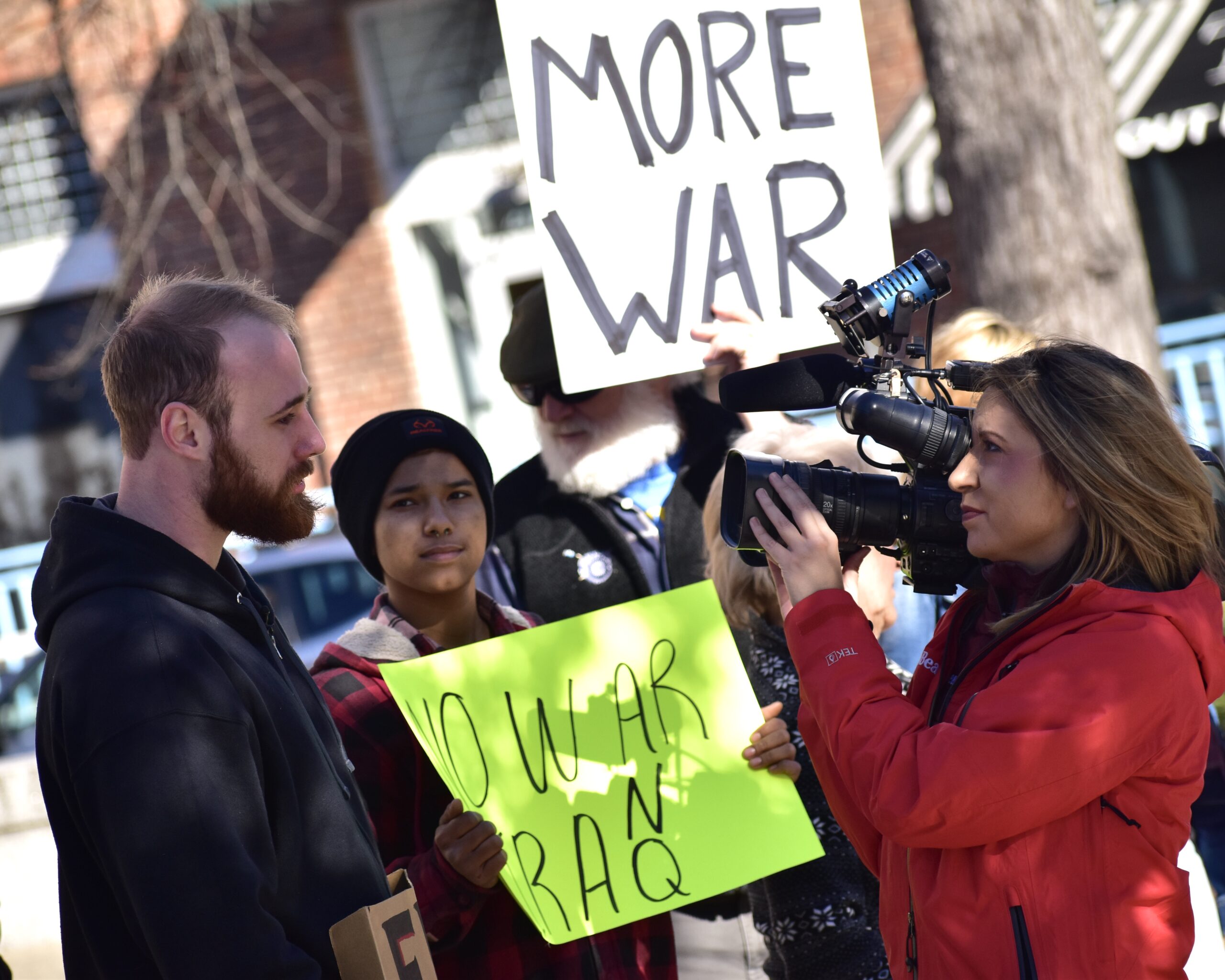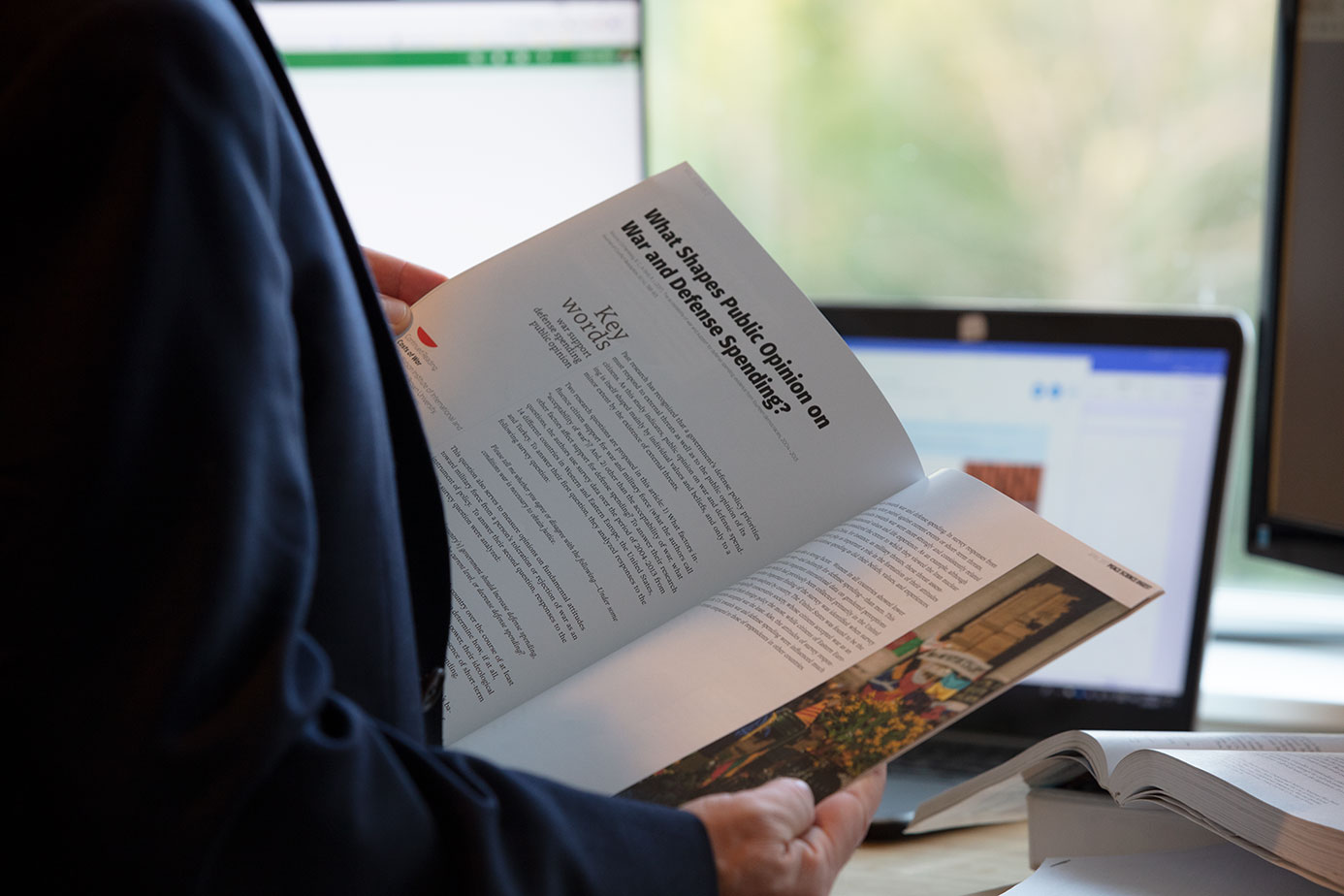Beware of spoilers in diplomacy
U.S. Vice President Pence is condemning North Korea’s participation in the Olympics as “propaganda to hijack the message and imagery of the Olympic games”
ISIS has shifted strategies. It’s time for the international community to do the same.
Maria Stephan describes ways nonviolent action can weaken the strength and authority of ISIS–and how the international community can help.
Effective local governance allows greater communication and avenues toward peace.
Local governance is crucial to peacebuilding, particularly when the central government is fragmented or lacks broad legitimacy.
Congolese religious leaders use their unique role to organize nonviolent protests.
Religious leaders can leverage their unique role in societies to constructively transform conflict and organize nonviolent movements.
Gene Sharp, a pioneer of nonviolence research and action, has died.
Gene Sharp, a pioneer of nonviolence research and action, will be missed but his work will always be with us.
Selling Weapons and Sending Troops Make Countries Less Secure
Providing military support increases a country’s chance of retaliatory terror attacks.
Nonviolent Resistance in Indigenous Communities
Indigenous communities have a long history of successful nonviolent resistance. The Indigenous Environment Network announces protest at US Bank Stadium on the eve of the Super Bowl.
War Does Not Help The Economy
A study of six major U.S. wars found the costs of war to negatively affect the national economy, taxes, debt, jobs, investment, and inflation.
Volume 2, Issue 6
In this issue of the Peace Science Digest, you will find research highlighting the negative effects of military spending on a country’s long-term economic growth—contrary to many beliefs, war is not good for the economy. Next, we look at how ad-hoc military intervention increases the likelihood of retaliatory terror attacks, showing how current military strategies are actually making us less secure. We then turn to the role of social media in violent conflict, and how this new age of communication is changing how conflicts are conducted and how conflict actors communicate. In the fourth analysis, we look at how political leaders consider initiating conflicts abroad to distract from domestic problems. Finally, we look at Peace Journalism at a contribution aimed at making Peace Journalism more relevant.

Peace Journalism Done Right?
Peace journalism must adapt coverage to the stages of conflict in order to be relevant, and can have long-term effects through consistent peace framing.

The House Is On Fire, Should We Go To War?
Diversionary conflicts during domestic unrest are more likely to target more powerful states, showing no evidence that traditional ‘enemies’ are targeted.

